Marketing Psychology: 3 purchasing incentives to boost your sales
Why do customers buy? Is the attractiveness of an offer the only trigger for a positive buying decision? Are there further triggers that make customers hit the call-to-action button? Are there perhaps even certain motives, feelings or rules behind it? And if so, what are the psychological conversion boosters?
ePages retailers who set the right psychological buying impulses along with attractive offers significantly increase their sales. Plus: the fear of missing out on something makes customers go for your offer in two shakes.
Use these 3 psychological triggers in your email marketing and increase your sales:
Trigger #1: Best Deal or the “for free” activation
“Free” is the magic word in marketing that gets your customers psyched about your offers! It immediately stimulates the reward center in our brains, as measurements have shown. That’s why free offers attract customers like bees round a honeypot.
The online giant Amazon doubled its turnover when they introduced free shipping for orders of 20 Euros or more. This had bandwagon effects: People who would have only bought one book before now ordered two. They saved shipping costs and at the same time purchased more.
„Buy one, get one free“ (BOGO) works on the same principle: Nail polish, t-shirts, bed sheets or dog food – gifts make buyers. If a customer likes the white t-shirt, they will also take the black one to get the blue one for free.
Starbucks shows how it’s done:

Think about what kind of attractive “extra” fits your offer.
Subscription systems benefit from free weeks or trial months. Whether music or film streaming, newspaper subscriptions, gym membership, diet apps or software: consumers who get used to the convenience of a service during free test weeks most likely won’t unsubscribe again. That’s what made Spotify one of the big players:

Include free offers in your marketing strategy. The costs are low compared to the profit. Even freebies pay off, as the principle of reciprocity testifies.
Trigger #2: Reciprocity or the need for balance
Has someone given you a gift before and you hadn’t thought of something in return? How did that feel? You probably wanted to give them a return present immediately.
“Behind this is the social principle of reciprocity,” explains Robert Cialdini, a psychologist at Arizona University. “We feel obliged to give back to others what they give us.“ If you do me any good, I’ll do you any good. This obligatory feeling is intercultural. It’s a socially learned behavior and, according to Cialdini, serves the survival of our species.
Shop owners benefit from this principle. Small gifts attached to an order build up an inner obligation of return for potential customers. This feeling can become so strong that it sets a buying impulse.
According to this principle, aid organizations increase the success of their appeals for donations every year. Cialdini proved that the willingness to donate almost doubled if a package with personalized address stickers for 9 cents was attached to the promotion letter. Organizations like Save the Children also send out their Christmas cards every year for a good reason.
Benefit from your customers’ need for balance and think about a freebie that’ll cost you only a few cents, but which will make your customers really happy. A pencil for their new diary? A water bottle that goes with their new backpack? A goodie that comes with dog food? The fertilizer along with their new garden tool? That’ll definitely bring some positive ratings in your shop – ideally, your customers become regular buyers and recommend you to their friends. It’s the small things that can have a big effect on your business.
Trigger #3: Scarcity – or the fear of missing out
If something is only available for a limited period of time, it’s all the more desirable. So, the fear of missing out on something not only generates high open rates in email marketing, it also makes customers hit the “Buy” button even faster. That’s why it’s worth it to limit an attractive offer in time.
Groupon knows how to attract customers – with their “Deals of the Day”:
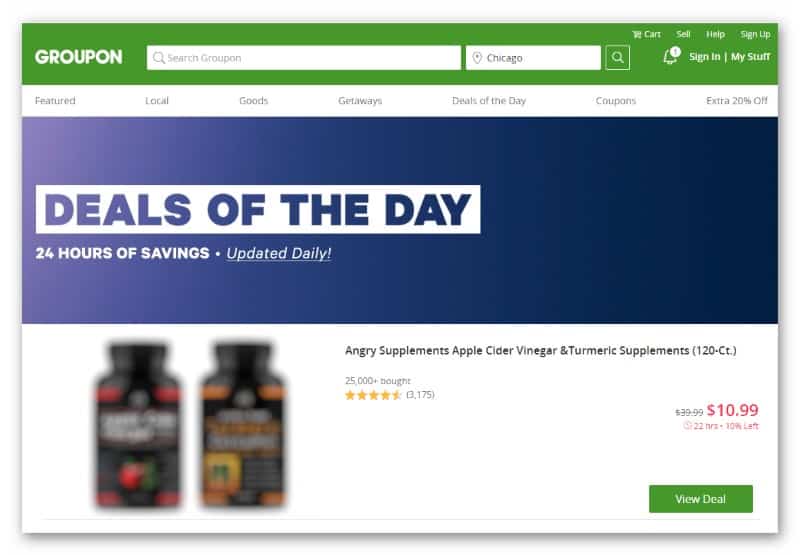
How about introducing a “deal of the day” in your shop? Naturally, your special offer can also last for a week or only 60 minutes. It’s a fact that it positively influences your conversions when customers know they’re running out of time.
As a special and limited edition, products are only available in defined quantities for a certain period of time from the very beginning.
Do you manufacture the products of your ePages shop yourself? Are you considering producing a limited edition? A special coffee blend, a trendy accessory or a gadget that is only available for a short time.
Whatever you offer, a limited number of items and temporary promotions make your offer even more desirable. Supported by free shipping and small gifts, not only do your customers win but also your business.
Start increasing your sales today by making use of these psychological conversion boosters!
Ulrich Hafenbradl ist Mitgründer und Geschäftsführer der Trusted Shops GmbH. Das 1999 gegründete Kölner Unternehmen ist mit über 9.000 zertifizierten Online-Shops Europas Marktführer im Bereich Vertrauenslösungen für den Online-Handel. Ulrich Hafenbradl ist durch die Veröffentlichung zahlreicher Fachbeiträge und regelmäßiger Kolumnen in Fachzeitschriften für e-Commerce und Online-Marketing ein gefragter Experte und Interviewpartner.
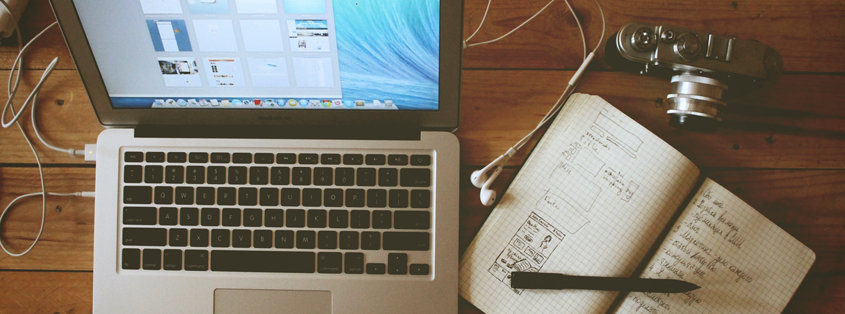

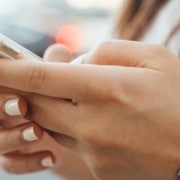


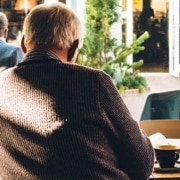
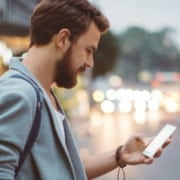
Leave a Reply
Want to join the discussion?Feel free to contribute!